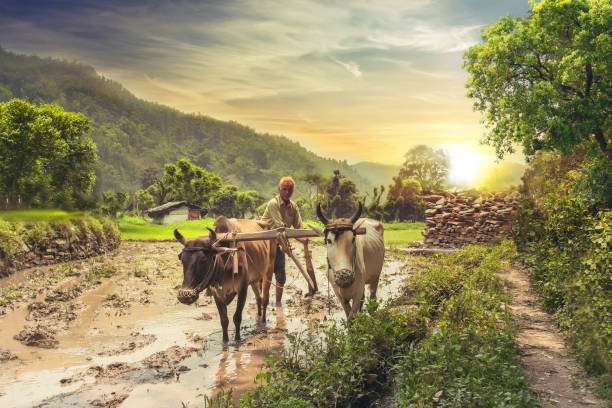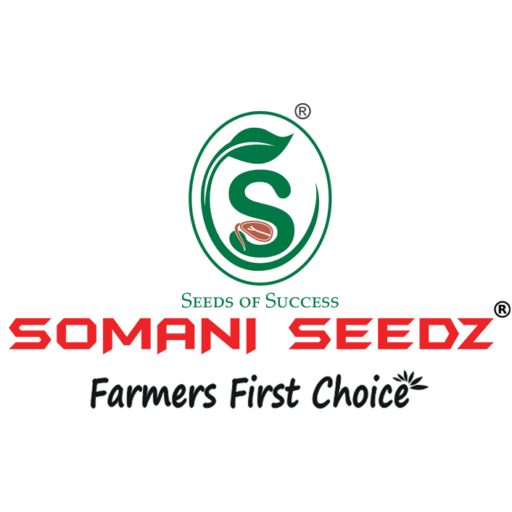Home | History of Agriculture
HISTORY OF AGRICULTURE
Agriculture has played a vital role in human history, serving as the primary means of sustenance for much of the world’s population prior to the industrial revolution. However, with the rise in global population and industrialization, commercialization of agriculture became necessary to meet the needs of society. India has a rich history in agriculture from ancient time, and in the 75 years since its independence, the country has made significant strides towards achieving food security. To achieve the goal of food grain self-sufficiency & to improve farmers economic status, India implemented significant policy reforms that led to the Green Revolution, resulting in substantial increase in per capita food availability.

AGRICULTURE IN INDIA
Despite these achievements, agriculture in India still faces significant challenges. Current agricultural practices are neither economically nor environmentally sustainable, and the country’s yields for many agricultural commodities are low. Poorly maintained irrigation systems, almost universal lack of good extension services, and hampered farmer access to markets due to poor roads, rudimentary market infrastructure, and excessive regulation are among the factors responsible. Going forward, it will be essential for India to build a productive, competitive, and diversified agricultural sector, and encourage policies that promote competition in agricultural marketing to ensure farmers receive better prices and services & improve their social & economic status.
Vegetables & Vegetable Seed Industry
Vegetable sector has emerged as an important component of Indian agriculture. Vegetables contribute largely towards food and nutritional security of the people, particularly the poor. Growing incomes, increased urbanization, health consciousness and shifting preferences meant a booming demand for vegetables. This increased consumer demand meant that vegetables which had traditionally been highly seasonal started seeing high demand throughout the year, resulting in the need of broader adapted varieties for greater vegetable production. Vegetable production has made spectacular progress in recent years and touched a new height. India is the second largest producer of vegetables in the world after China, contributing about 13.60% to the world vegetable production.
Technological interventions and vegetable hybrids have given tremendous boost to vegetable production. Despite the progress made, India is largely still an Open Pollinated (OP) seeds market, especially true for vegetable seeds. In India, therefore, the larger opportunity is to lead the move from OP seeds to hybrid seeds which can meaningfully improve yield and quality of end-products. As a result, the vegetable hybrid seeds demand is growing at ~2x of the growth rate of the vegetable seeds industry.
With the liberalization of the Indian economy, the agriculture sector saw an expansion in private players, both domestic and international, particularly in the seed space. However, challenges persist in the industry, with a big gap between the availability of good quality seeds and demand from farmers. Somani Kanak Seedz Pvt. Ltd. was established to bridge this gap by developing new hybrids which are disease-resistant, have increased shelf life, high yield and wider adaptability. The company utilizes its own germplasm and technology, while also bringing in the best-in-class germplasms from national and international partners/institutes to enhance the Indian vegetable seed market. As the global population continues to grow, agriculture will need to become more productive and sustainable to keep pace with rapidly increasing demands.

ALL RIGHTS RESERVED | SOMANI SEEDZ | DESIGNED BY QUICK MEDIA